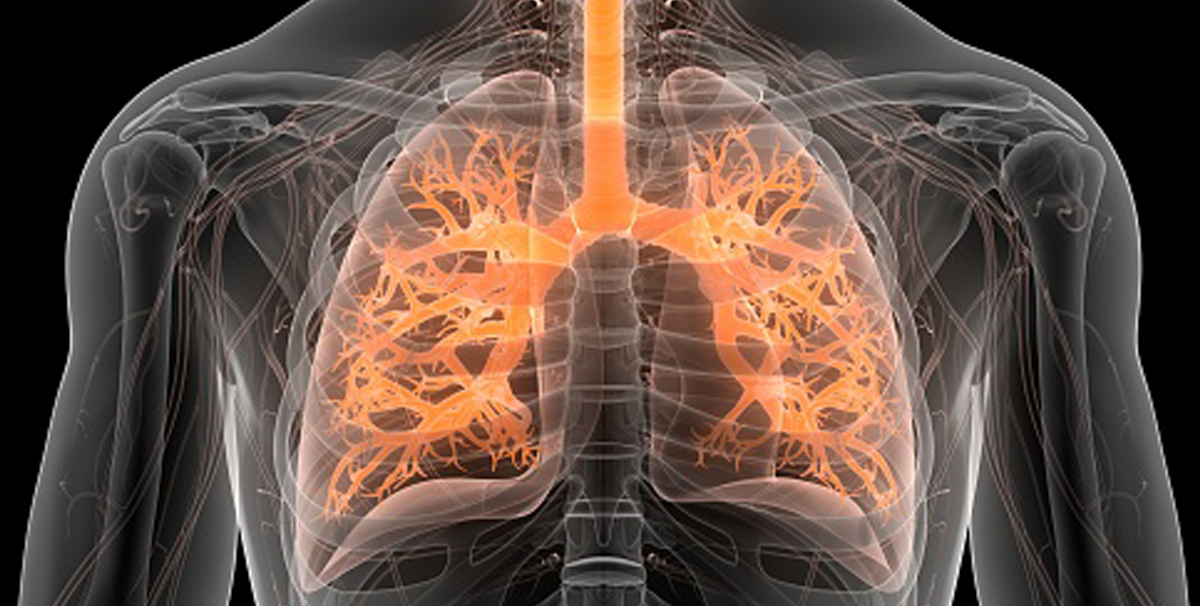

Endeavor Health, Northwestern Develop AI Program to Detect Lung Disorder

Researchers at Endeavor Health and Northwestern University have developed a new computer program that can help doctors identify Acute Respiratory Distress Syndrome (ARDS), a debilitating and often fatal lung condition that is common in intensive care patients and estimated to impact as many as 190,000 Americans per year.
Their work was recently published in the journal Nature Communications.
While common, the condition is difficult to diagnose because doctors have to piece together many types of disconnected information, such as lab results, chest X-rays, other doctors’ notes and heart tests — finding clues about the condition that may go unnoticed. The new program sifts through that information automatically, and in testing was highly accurate in identifying the condition.
ARDS causes fluid to build up in the lungs’ alveoli (air sacs), leading to dangerously low oxygen levels in the bloodstream. It usually occurs after an injury to or infection of the lungs, such as COVID-19, and has a mortality rate of more than 40%. ARDS is more common in the critically ill and intensive care unit (ICU) patients.
Curtis Weiss, M.D., an Endeavor Health pulmonologist and co-director of critical care medicine, partnered with Northwestern University engineering researchers Félix Morales, M.S., and Luís Nunes Amaral, Ph.D., who specialize in data science and smart tools for health care. Their new algorithm, built on clinical guidelines used by ICU doctors, looks back at patient records to automatically identify those who had ARDS while they were on ventilators.
The team tested the program on medical data from a hospital outside the Endeavor Health and Northwestern systems and found that it correctly diagnosed 93.5% of true ARDS cases and only made mistakes (false alarms) about 17% of the time. This is an improvement compared with estimates of how often doctors recognize the condition in the ICU.



